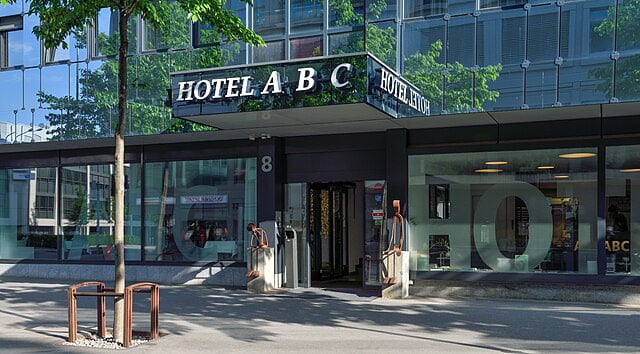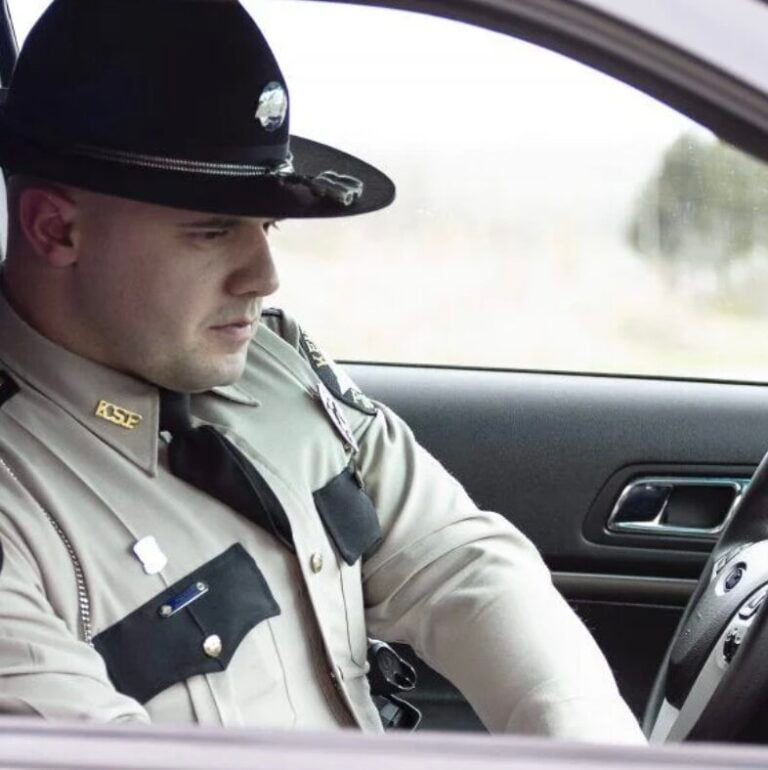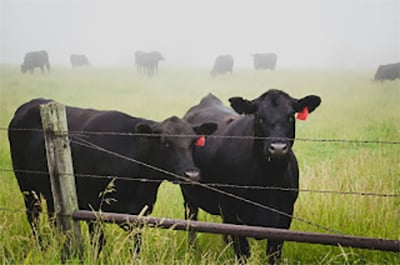Traveling for business or pleasure often means staying in hotels — sometimes glamorous, sometimes less so. Whether you’re a seasoned road warrior or an occasional vacationer, hotel safety is one of those topics that’s easy to overlook — until something goes wrong. The good news? With a little preparation, a dash of common sense, and a willingness to laugh at life’s curveballs, you can dramatically reduce your risks and enjoy your stay with peace of mind.
And remember, just because you “stayed at a Holiday Inn last night” doesn’t mean you’re suddenly an expert in hotel safety — or brain surgery. For you Gen Zer’s out there scratching your head, the phrase “I stayed at a Holiday Inn Express last night” is an iconic pop culture reference to an old advertising campaign. It is used as a joke to imply that one has gained a superior level of knowledge or expertise on a subject, despite having no professional qualifications.

But with a few smart tips, you’ll be more prepared than most, and maybe even ready to handle those unexpected curveballs and avoid some dangerous situations.
Before you even book, do a little homework. Take a minute to research the hotel’s location and surrounding area. Is it well-lit at night? Are there recent reviews mentioning security concerns? If the hotel’s claim to fame is “conveniently located near the train tracks and the 24-hour pawn shop,” you might want to keep looking.
When picking a hotel, don’t just rely on star ratings — zoom out and look at the bigger picture. Start by targeting neighborhoods known for low crime and solid infrastructure. Then, pull up an overhead map on Google and explore the surroundings like a detective. What’s nearby can tell you a lot.
If your hotel is nestled next to a strip mall featuring a sketchy liquor store, payday loan office, smoke/vape shops, bail bonds, street vendors, and boarded-up buildings with security bars, that’s a red flag. These aren’t just eyesores — they’re signals that the area might not be the safest place to spend the night. Trust your instincts and consider booking elsewhere.
Research neighborhoods using local crime maps or travel forums, and choose hotels near well-lit, busy streets, ideally close to police stations or hospitals. Avoid isolated or poorly maintained areas. Proximity to public transportation and main roads can enhance safety and convenience. Check online reviews for mentions of safety concerns and use satellite view to assess surroundings. If traveling internationally, stay in districts popular with tourists or business travelers, as they often have better security and amenities.
 Keven Moore works in risk management services. He has a bachelor’s degree from the University of Kentucky, a master’s from Eastern Kentucky University and 25-plus years of experience in the safety and insurance profession. He is also an expert witness. He lives in Lexington with his family and works out of both Lexington and Northern Kentucky. Keven can be reached at kmoore@higusa.com
Keven Moore works in risk management services. He has a bachelor’s degree from the University of Kentucky, a master’s from Eastern Kentucky University and 25-plus years of experience in the safety and insurance profession. He is also an expert witness. He lives in Lexington with his family and works out of both Lexington and Northern Kentucky. Keven can be reached at kmoore@higusa.comTravel experts recommend avoiding hotels in high-risk neighborhoods or those with poor guest feedback on safety. Booking older properties may also increase your risk of encountering outdated fire or building systems.
When you arrive, stay alert. Park smart by choosing a well-lit location that is visible. Avoid isolated corners parking garages and far away parking lots. Don’t announce your room number at the front desk or hand over the key card wrapper with your room number to anyone. It’s not a lottery ticket — no need to shout it out. If the front desk agent says your room number out loud, politely ask for a new room and a little more discretion. Small steps like these can prevent unwanted attention.
If possible, avoid ground-floor rooms or those directly adjacent to high-traffic areas like elevators or stairwells. These locations are more accessible to outsiders and can be noisier, too. Higher floors tend to be safer, but not so high that you can’t reach the ground quickly in an emergency. The sweet spot? Floors three to six.
Upon entering your room, do a quick sweep. Check that all locks — deadbolt, chain, or equivalent — work properly. Make sure windows and sliding balcony doors are secure. Review the fire escape map — yes, the one on the back of the door that everyone ignores. It’s more useful than the minibar price list, I promise. During your stay, keep the door locked at all times, even when you’re inside. Don’t prop the door open, even if you’re just running down the hall for ice.
Another suggestion is to use the “Do Not Disturb” sign, with the TV on with the volume turned up enough to be heard, and leave a light on when you’re out to give the impression that someone is in the room.
Most hotel rooms have a safe for valuables like passports, electronics, and cash. Use it. If there’s no safe, secure your valuables in your luggage and attach it to an immovable object, like a heavy piece of furniture. Don’t leave valuables visible in your room or vehicle. And keep your key card separate from the wrapper with your room number printed on it — just in case you lose one or the other. A friend once hid their laptop in a pillowcase, only to have housekeeping make the bed — with the laptop still inside. The moral? Use the safe, not the linens.

Hotel Wi-Fi is convenient, but it’s often unsecured. Using public Wi-Fi is like shouting your credit card number across the lobby — someone might be listening. Use a VPN or your phone’s hotspot instead of untrusted networks. Turn off auto-connect for Wi-Fi and Bluetooth to avoid accidental connections with malicious networks.
Fires remain a serious hazard, even in modern hotels. Upon arrival, note the nearest emergency exit and make sure the stairwell is unobstructed. In case of fire, if you can’t leave your room, shut off fans or air-conditioning, stuff a towel under the door, call the front desk, and wait for rescue if needed.
Don’t open the door for strangers. If someone claims to be hotel staff, call the front desk to confirm before opening the door. Keep emergency numbers handy and know how to reach hotel security and local emergency services. Trust your instincts — if something feels off, ask to change rooms or hotels. Your safety is more important than avoiding a little inconvenience. Travel light and travel smart; the less you bring, the less you have to worry about losing.
So, you’ve checked into a hotel that feels a little less “five-star” and a little more “keep your wits about you.” Trust those instincts! When hunger strikes, play it smart — dine at the hotel restaurant if there is one, or order room service (but always double-check who’s knocking before you open the door). If you’re craving something different, call up a local pizza place or use a delivery app, but meet your food at the lobby or a well-lit common area. After all, adventure is great — but only when it’s on your terms.
In the end, staying safe at a hotel isn’t about paranoia — it’s about preparation and awareness. By doing your homework before booking, trusting your instincts, and following a few practical tips, you can minimize risks and focus on enjoying your trip. Remember, a little common sense goes a long way, and sometimes the best travel stories come from being ready for life’s surprises. So, pack your bags, keep your wits about you, and rest easy—because with these strategies, you’re not just a guest, you’re a savvy traveler.
Be Safe My Friends.

















